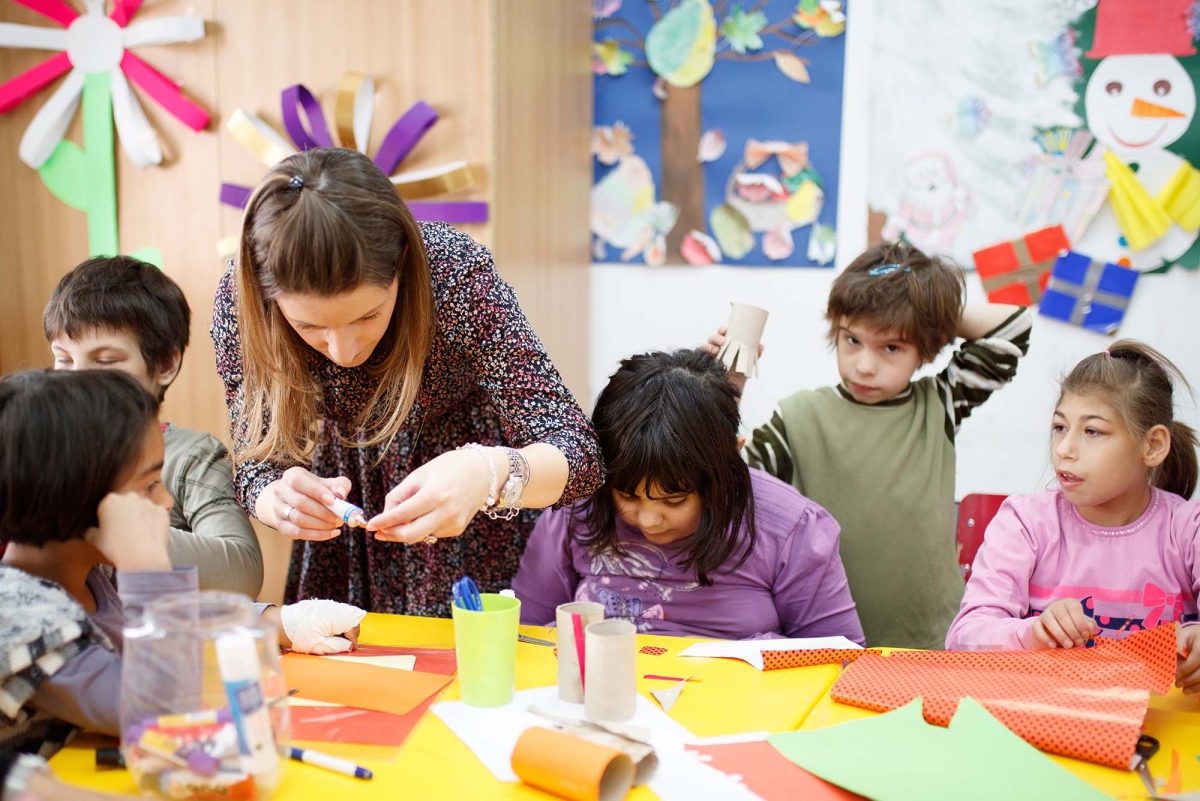CUNY four-year colleges need to do more to address the shortage of certified early childhood students with disabilities teachers in New York City.
Teachers of students with disabilities feel there is a “need for more money for students with disabilities and those who educate them; inadequate diversity in STEM; and underwhelming pipeline and recruiting efforts,” according to ABC news.
It’s reported that the average starting salary for early childhood students with disabilities teachers with a bachelor’s degree is $57,911. However, the recommended annual salary is $75,000 in order to live comfortably in NYC.
These teachers are earning an estimated $17,000 less per year.With such a large pay gap, prospective teachers are discouraged from pursuing a degree in this field.
This lack of incentive to become a teacher for students with disabilities exacerbates the shortage, creating a problem for the children who need this type of teaching.
Students with disabilities, especially in early childhood, require more resources to cater to their needs.According to a New York State comptroller audit, nearly 51% of children did not receive the services they were entitled to or the services were heavily delayed.
These students with disabilities are usually children around the ages of 3-5. These categories include but are not limited to, autism, deaf-blindness, developmental delay, emotional disturbance and more.
These students need a curriculum specially designed to attend to their disabilities and adequate staff to lead the programs.However, when there’s not enough teachers to teach these children, they are not able to learn in a way that is best suitable for them.
The Borough of Manhattan Community College has created Early Childhood Special Education associate degree programs to address this teacher shortage.
The press release said, “The partners will also create ECSE career pathways for underrepresented associate degree students.”
The programs and courses create opportunities for prospective students to receive an affordable education. Additionally, the initiative fosters a supportive system that will encourage students to pursue careers in special education.
Other CUNY colleges participating in this partnership are Brooklyn College, Bronx Community College, Hostos Community College, Kingsborough Community College and LaGuardia Community College.
If community colleges such as BMCC are creating these programs, then four-year colleges should make the transition from associates to bachelor’s easier for the students pursuing the degree.
Brooklyn College is the only institution listed that follows a four-year model. They plan to create a smoother articulate program where students can further their education and receive a Bachelor of Arts in the ECSE program.
The academic journey of these students interested in special education should not end with an associate degree. Instead, it should be a stepping-stone toward higher levels of education.
By facilitating pathways in the forms of pipeline programs or further grants, senior colleges can unlock their full potential and contribute to the growth of a more skilled workforce.






